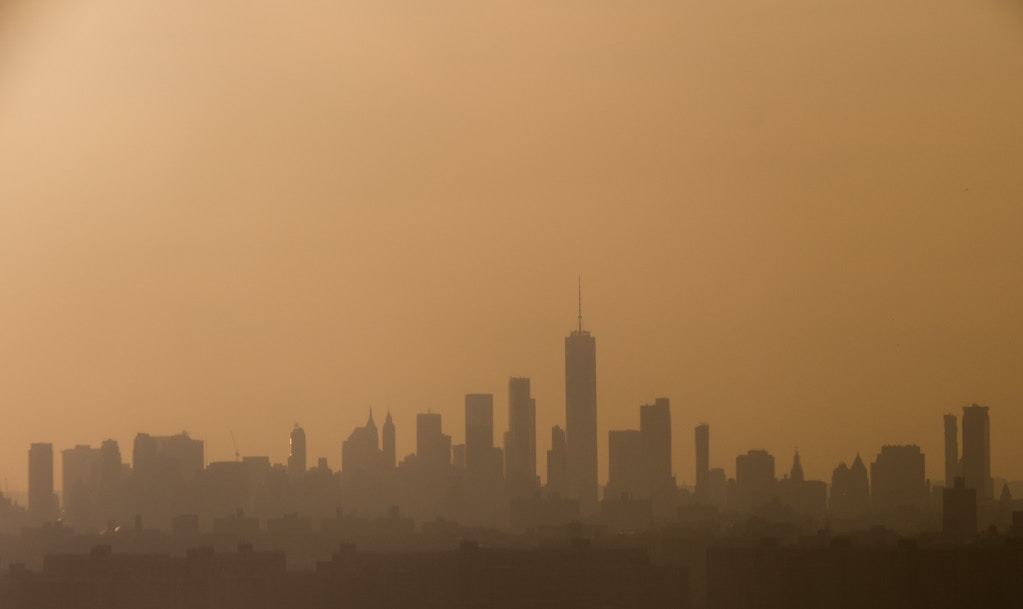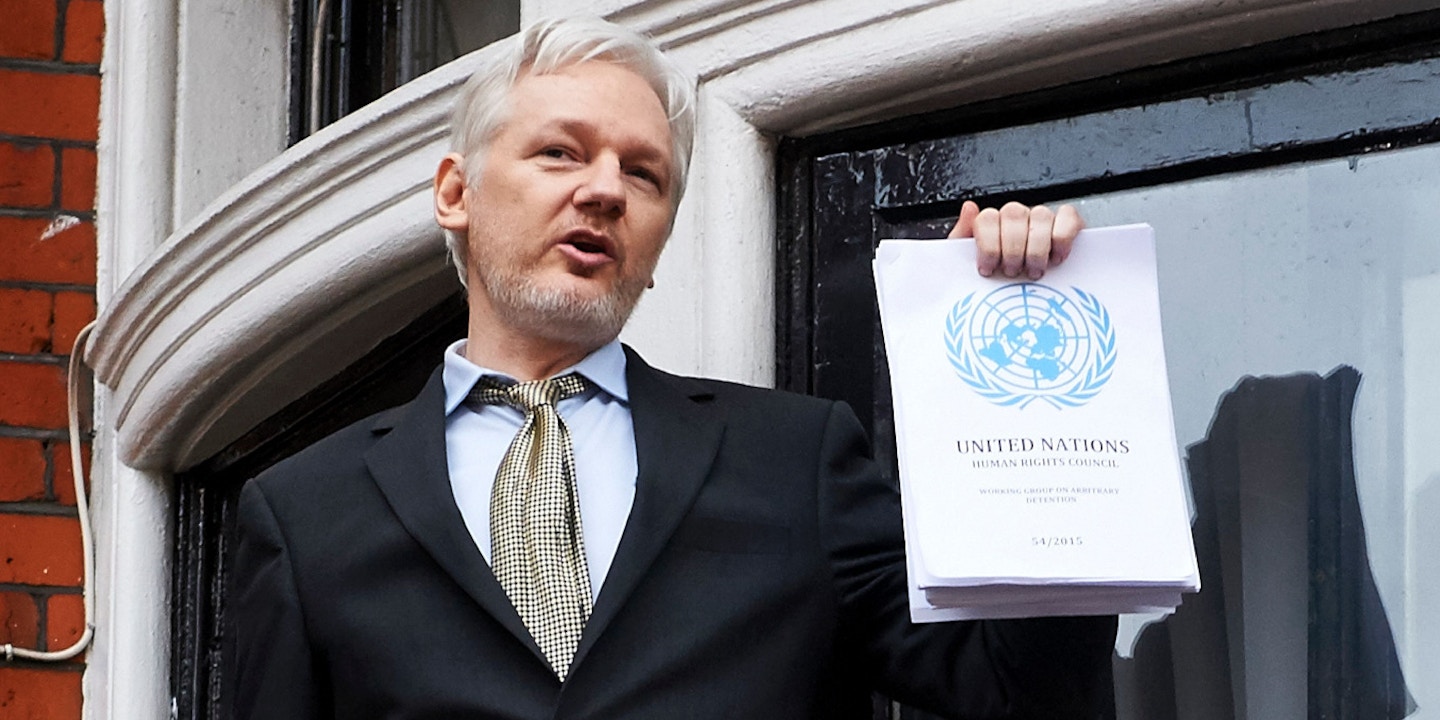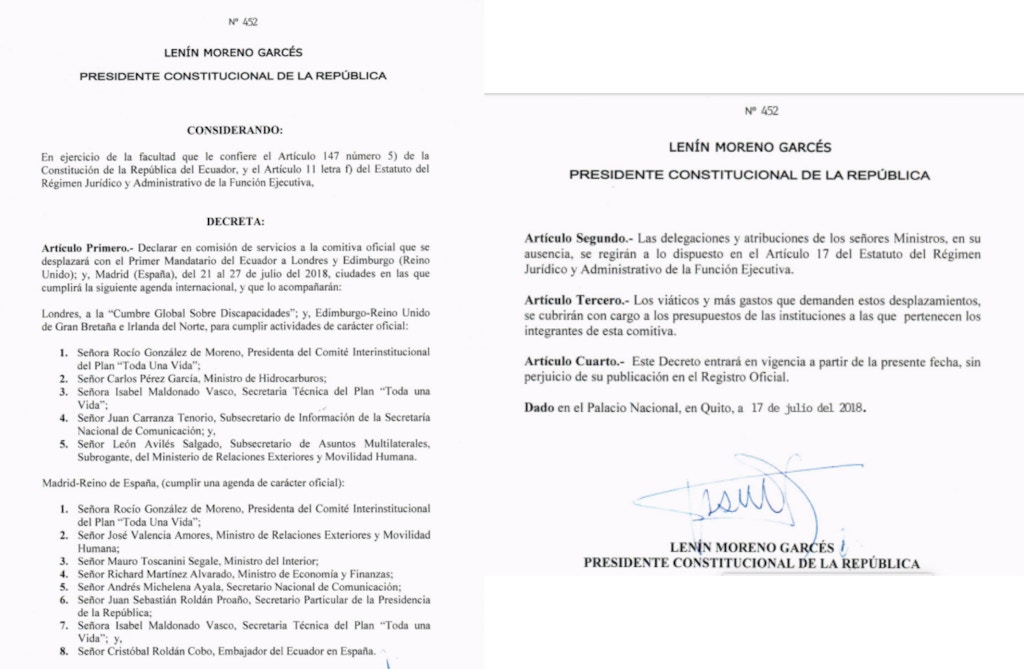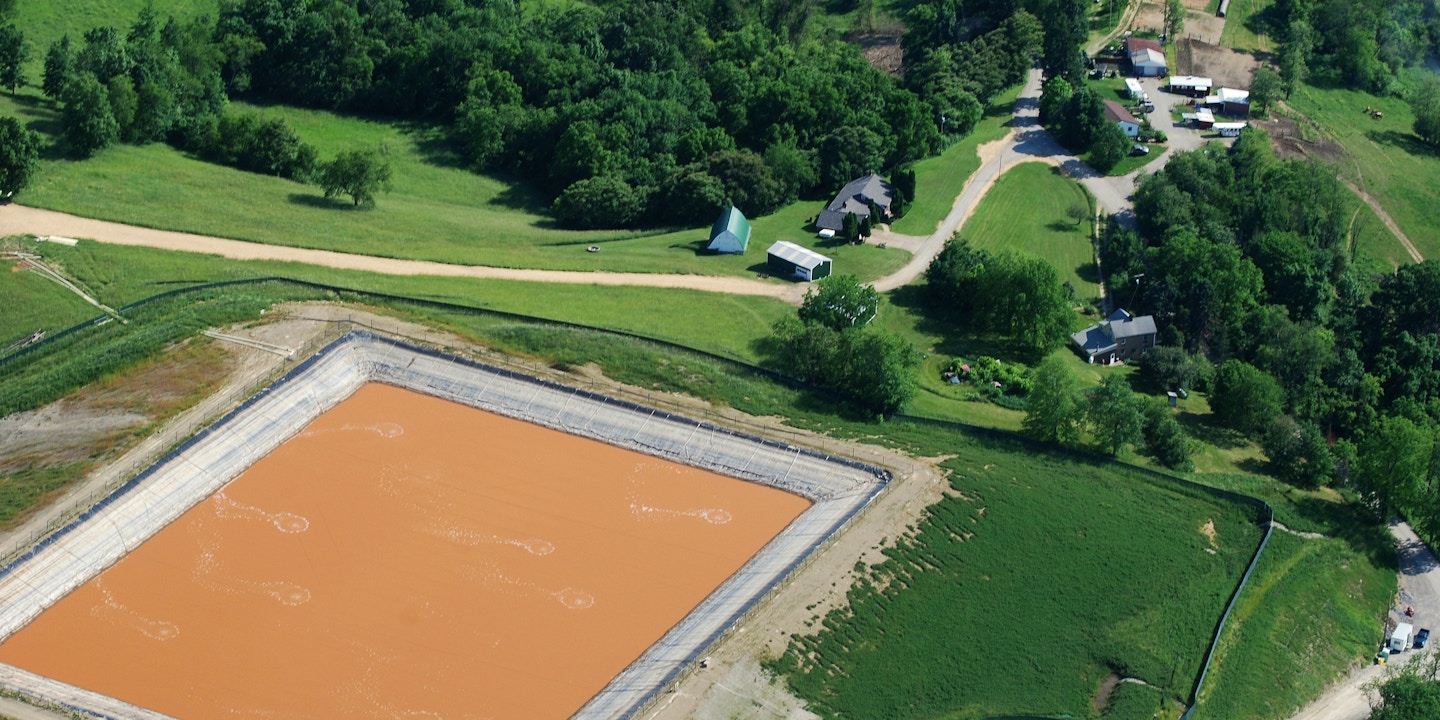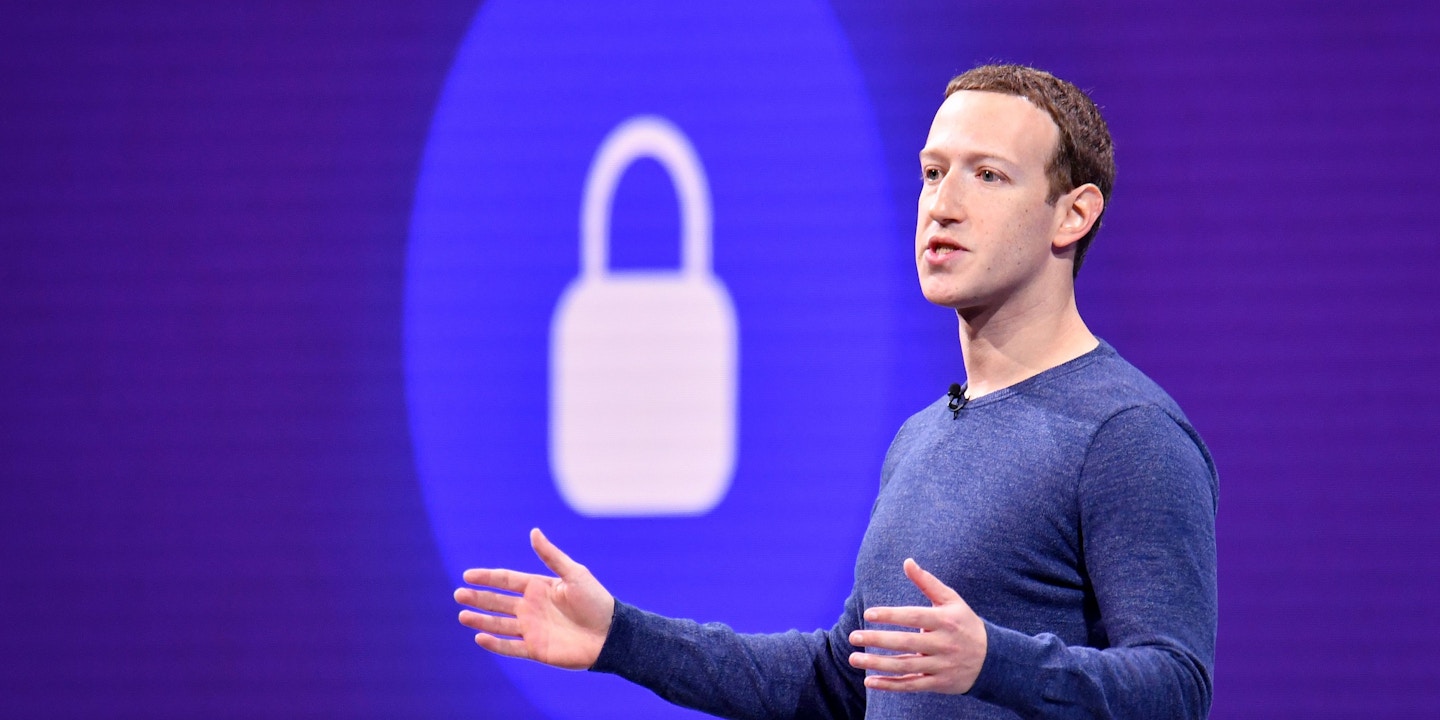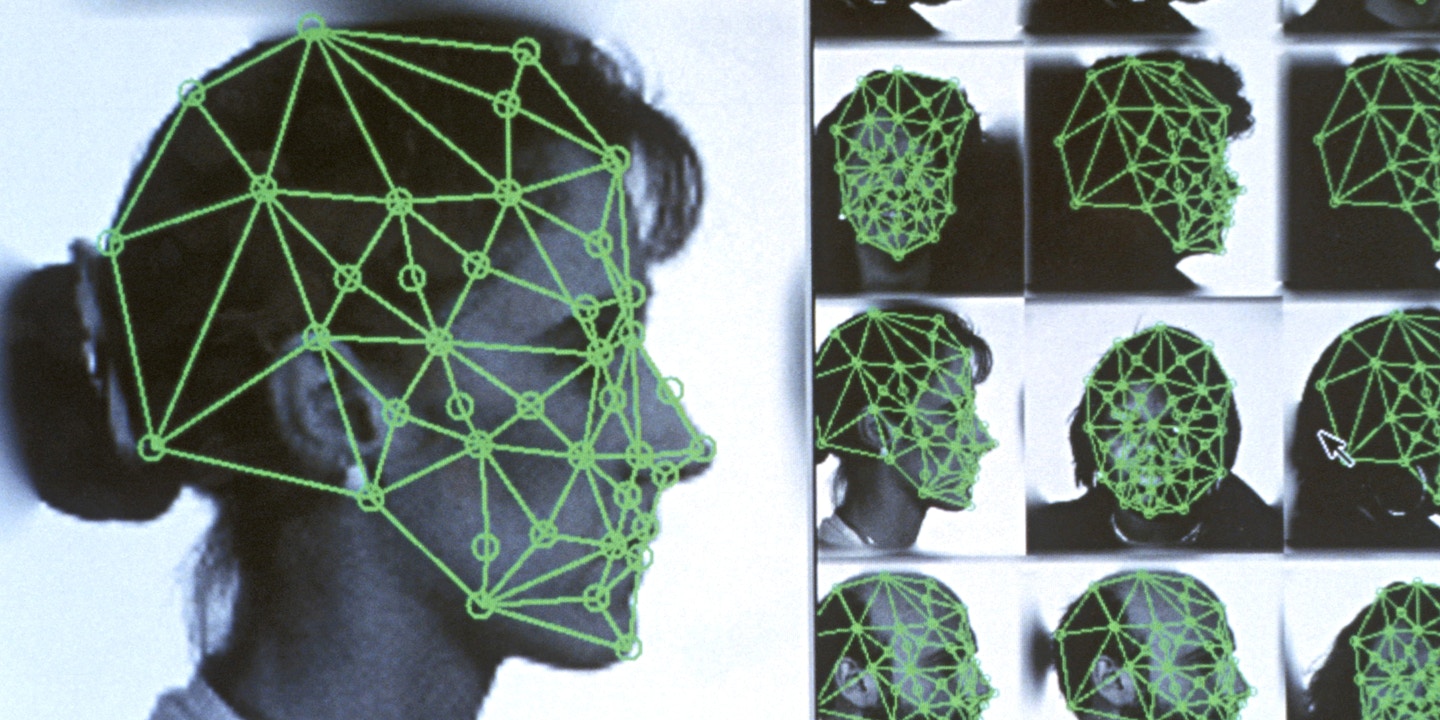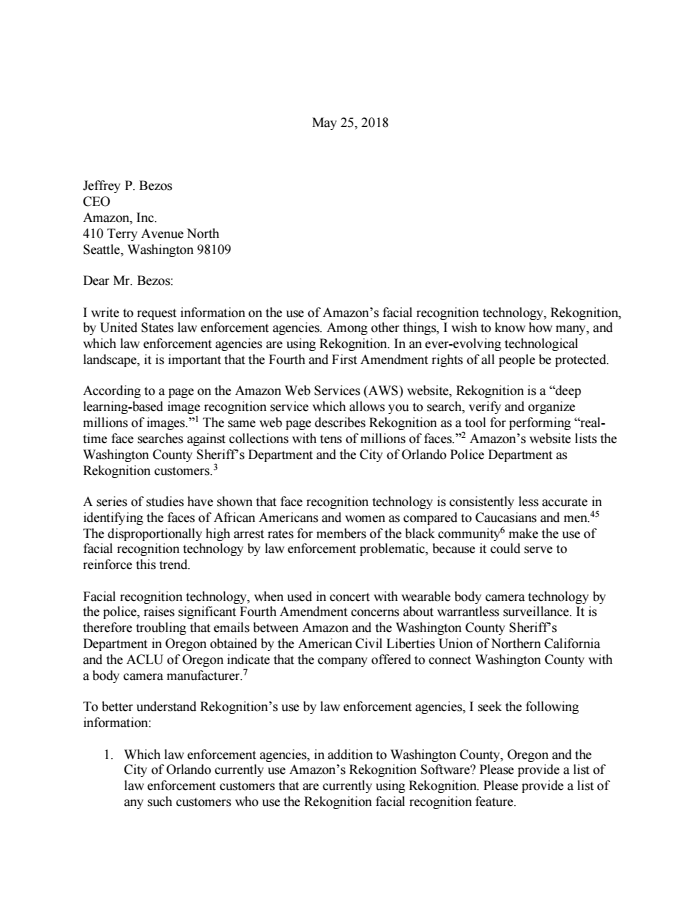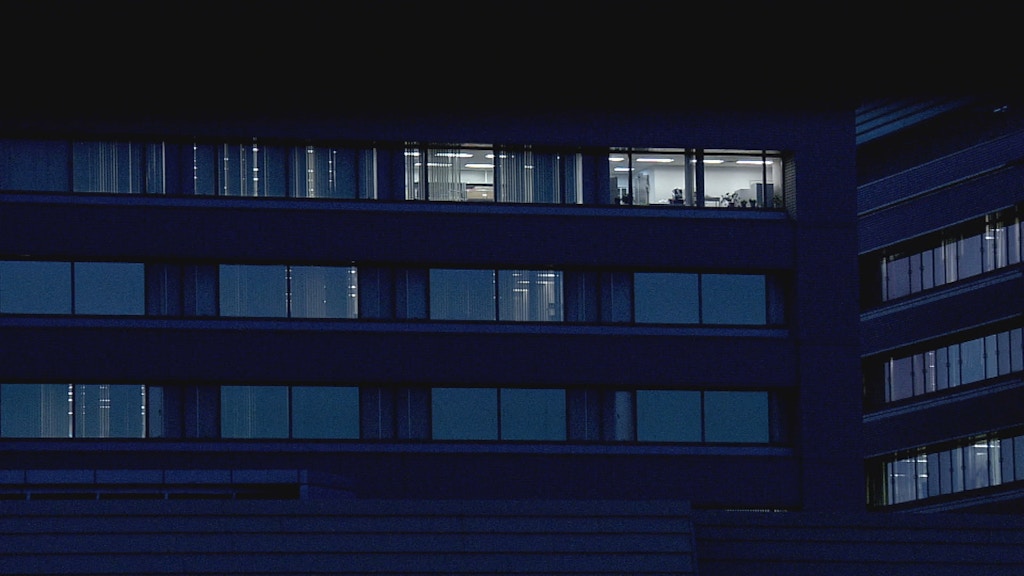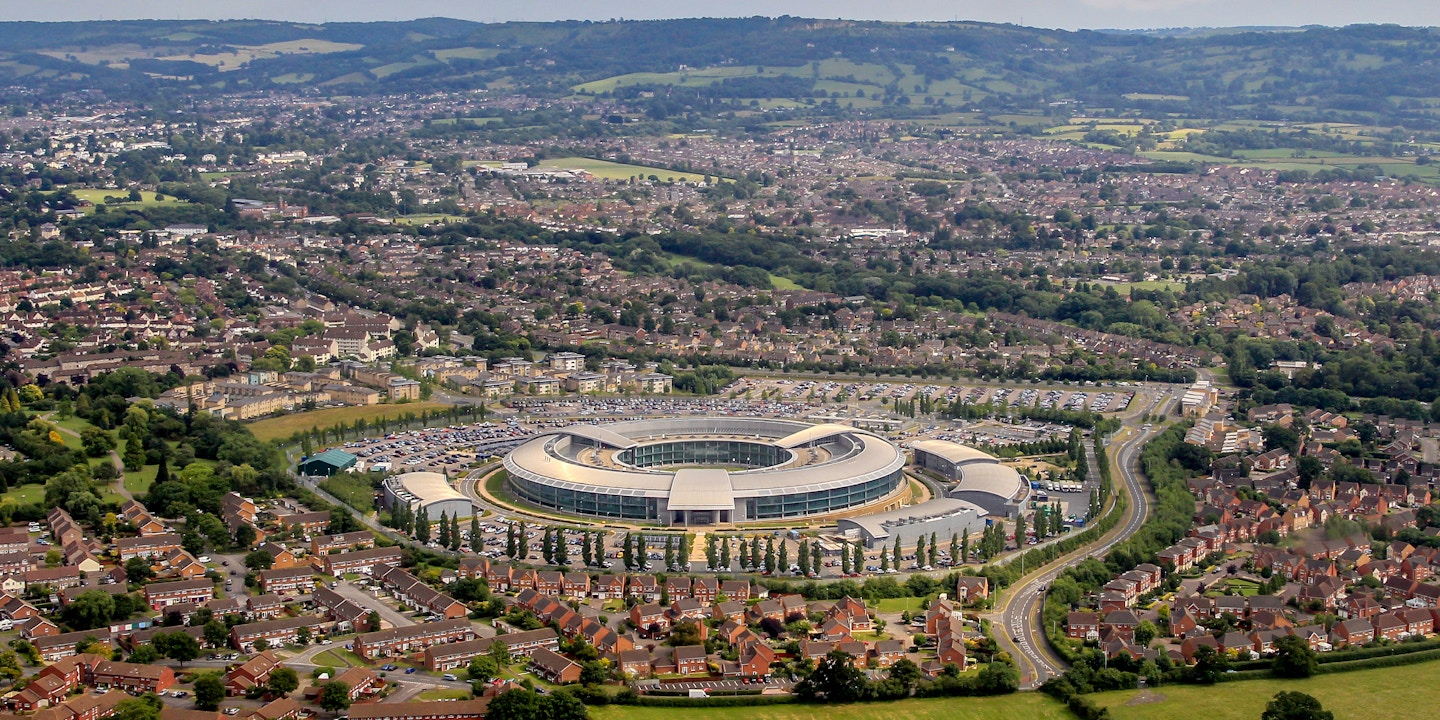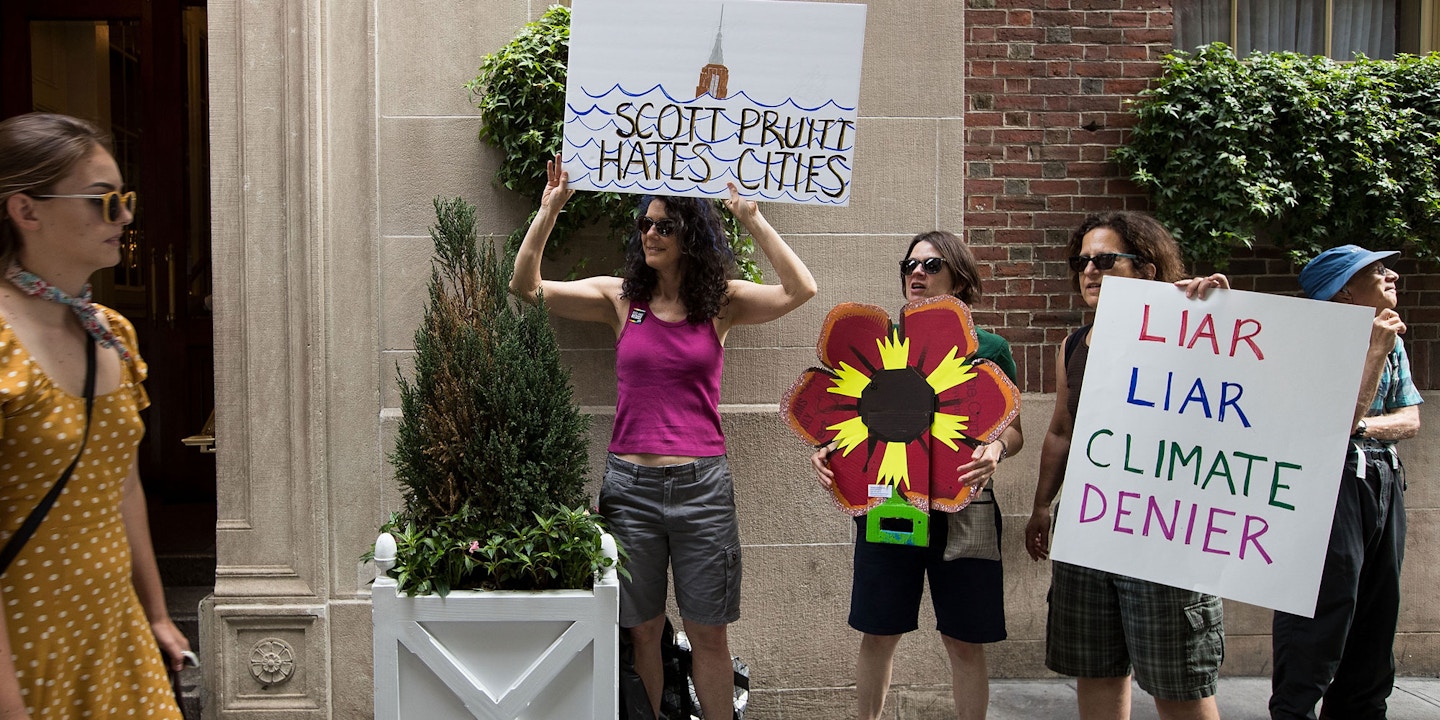
Within Google, knowledge about Dragonfly has been restricted to just a few hundred members of the internet giant’s 88,000-strong workforce, said a source with knowledge of the project. The source spoke to The Intercept on condition of anonymity, as they were not authorized to contact the media. The source said that they had moral and ethical concerns about Google’s role in the censorship, which is being planned by a handful of top executives and managers at the company with no public scrutiny.
“I’m against large companies and governments collaborating in the oppression of their people, and feel like transparency around what’s being done is in the public interest,” the source said, adding that they feared “what is done in China will become a template for many other nations.”
From The Intercept article: Google Plans to Launch Censored Search Engine in China, Leaked Documents Reveal
Today’s post will explain why I think the U.S. tech giants are in the early stages of destroying themselves. It will focus on two of the biggest names in the space, Facebook and Google. Both face serious issues that are only now truly coming to a head and rooted in two primary factors, size and politics.
Facebook is further along in the process of being in serious trouble, so let’s start there. The social media company currently has 2.2 billion active users worldwide, which amounts to well over half of all human beings online at the moment (estimated at 3-4 billion). In other words, the company already has a tremendous share of global potential users. Since everybody already knows what Facebook is, you have to assume those who aren’t using it (like me), aren’t using it for a reason.
…click on the above link to read the rest of the article…


